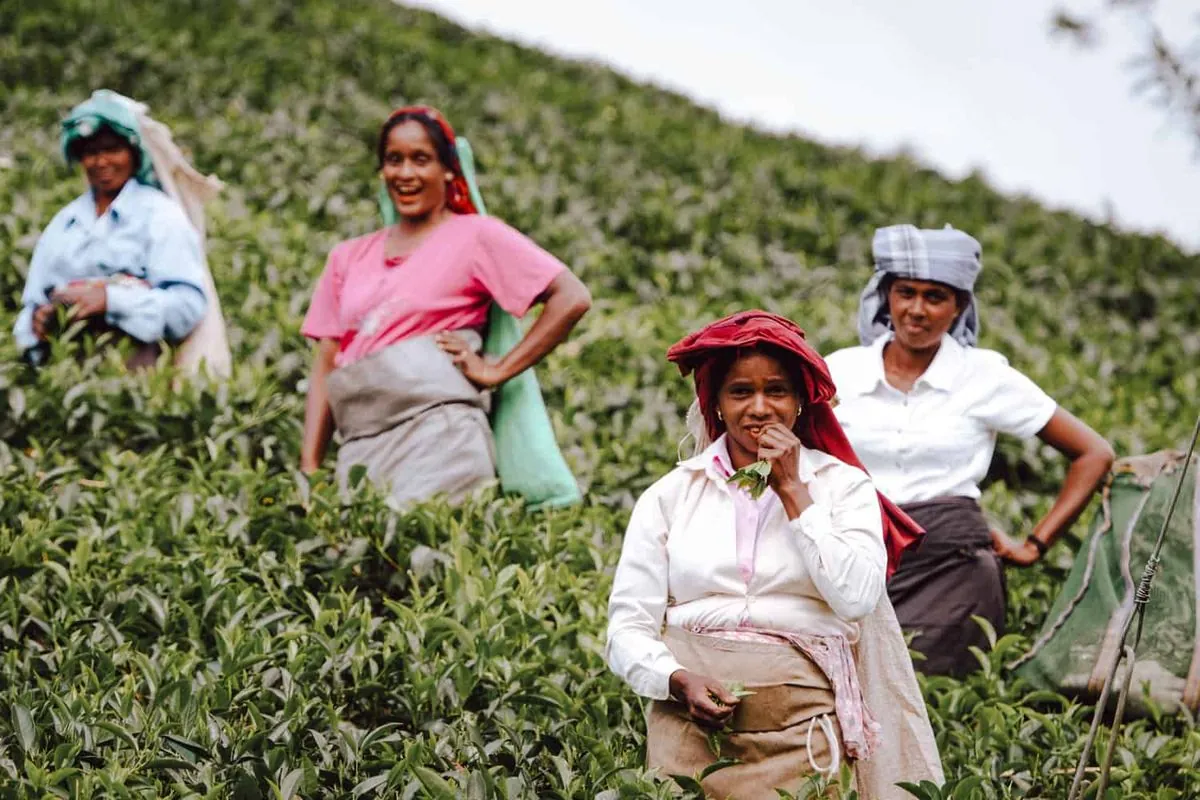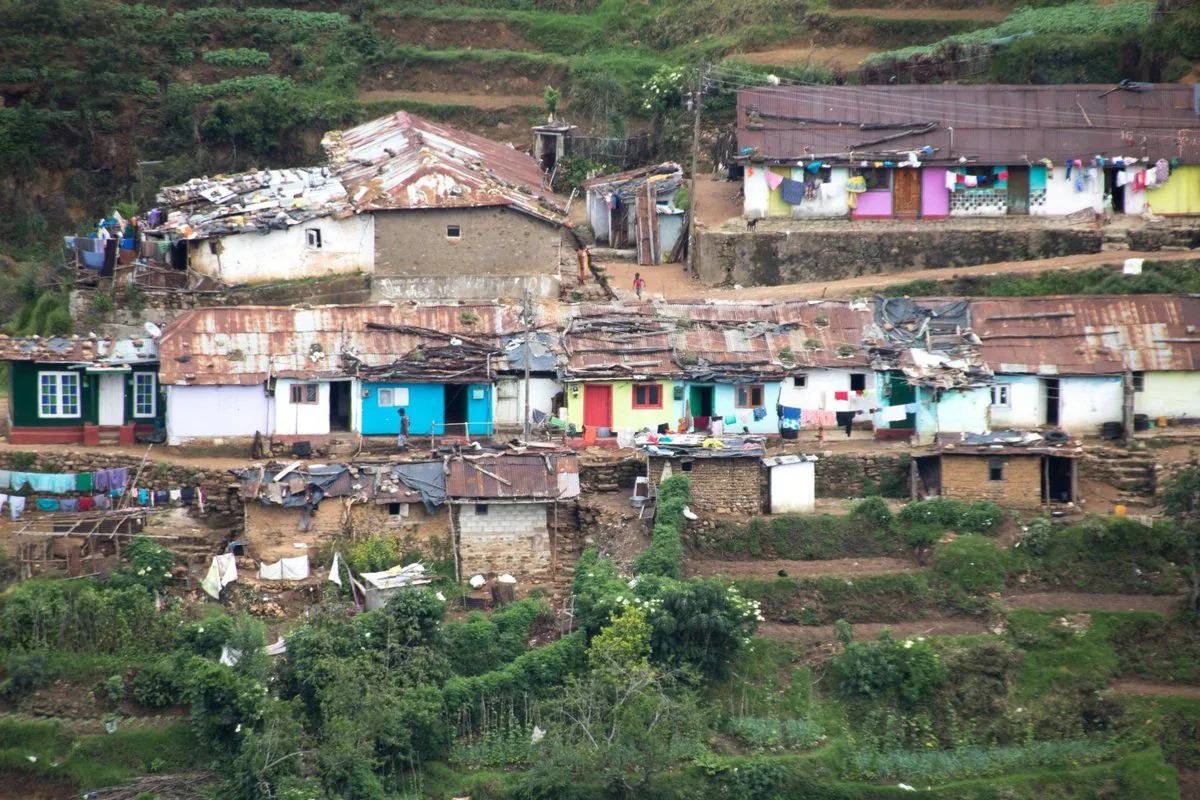Sri Lankan Plantation Workers Skeptical of Election Promises
Sri Lanka's presidential candidates promise land to plantation workers, but skepticism prevails. Despite their political importance, this marginalized community continues to face poverty and poor living conditions.

In Sri Lanka, formerly known as Ceylon, the upcoming presidential election has brought renewed attention to the plight of plantation workers. These laborers, descendants of Indian indentured workers brought by British colonizers, have long been marginalized in Sri Lankan society. Despite their significant role in the country's economy, particularly in the tea industry which employs over 1 million people, they continue to face numerous challenges.
Muthuthevarkittan Manohari, a plantation worker, expresses skepticism about the promises made by presidential candidates. Both leading contenders have pledged to distribute land to plantation workers, a long-standing issue for this community. However, Manohari's experience has taught her to be cautious about such promises.
The history of plantation workers in Sri Lanka spans over two centuries. Following the country's independence in 1948, these workers faced discrimination, including the loss of citizenship and voting rights. It wasn't until 2003 that they achieved full recognition as citizens, marking a significant milestone in their struggle for rights.
Today, approximately 1.5 million descendants of plantation workers live in Sri Lanka, constituting about 3.5% of the electorate. Their living conditions remain dire, with many residing in cramped "line houses" owned by plantation companies. A 2022 report by UN special rapporteur Tomoya Obokata highlighted these substandard conditions, noting that they may amount to forced labor or even serfdom in some cases.

Despite some government efforts to improve conditions, progress has been slow. The plantation community continues to face high levels of poverty, malnutrition, and limited access to education. However, there have been some positive developments, such as increased access to education and the emergence of a small group of professionals and entrepreneurs from the community.
The political importance of plantation workers cannot be understated. As a voting bloc, they have the potential to influence election outcomes. Both presidential candidates, Ranil Wickremesinghe and Sajith Premadasa, have made promises regarding land distribution. Wickremesinghe proposes giving line houses and the land they stand on to their inhabitants, while Premadasa suggests breaking up plantations and distributing land as small holdings.
However, these proposals face potential resistance from powerful plantation companies. Moreover, past unfulfilled promises have left many workers like Manohari skeptical. She remains more concerned about immediate issues, such as her son's inability to continue his education due to financial constraints.
As Sri Lanka grapples with economic challenges, including a recent debt crisis, the plight of plantation workers highlights the broader issues of inequality and social justice in the country. While Sri Lanka boasts a high literacy rate and is known for its biodiversity, the stark contrast in living conditions among its population underscores the need for meaningful change.
The upcoming election may determine the future direction of policies affecting plantation workers. However, for Manohari and many others like her, the struggle to provide for their families continues, regardless of political promises.
"All political parties have promised to build better houses during elections but they don't implement it when they are in power."
As Sri Lanka moves forward, addressing the long-standing issues faced by plantation workers will be crucial for the country's social and economic development. The challenge lies in translating political promises into tangible improvements for this marginalized community.


































